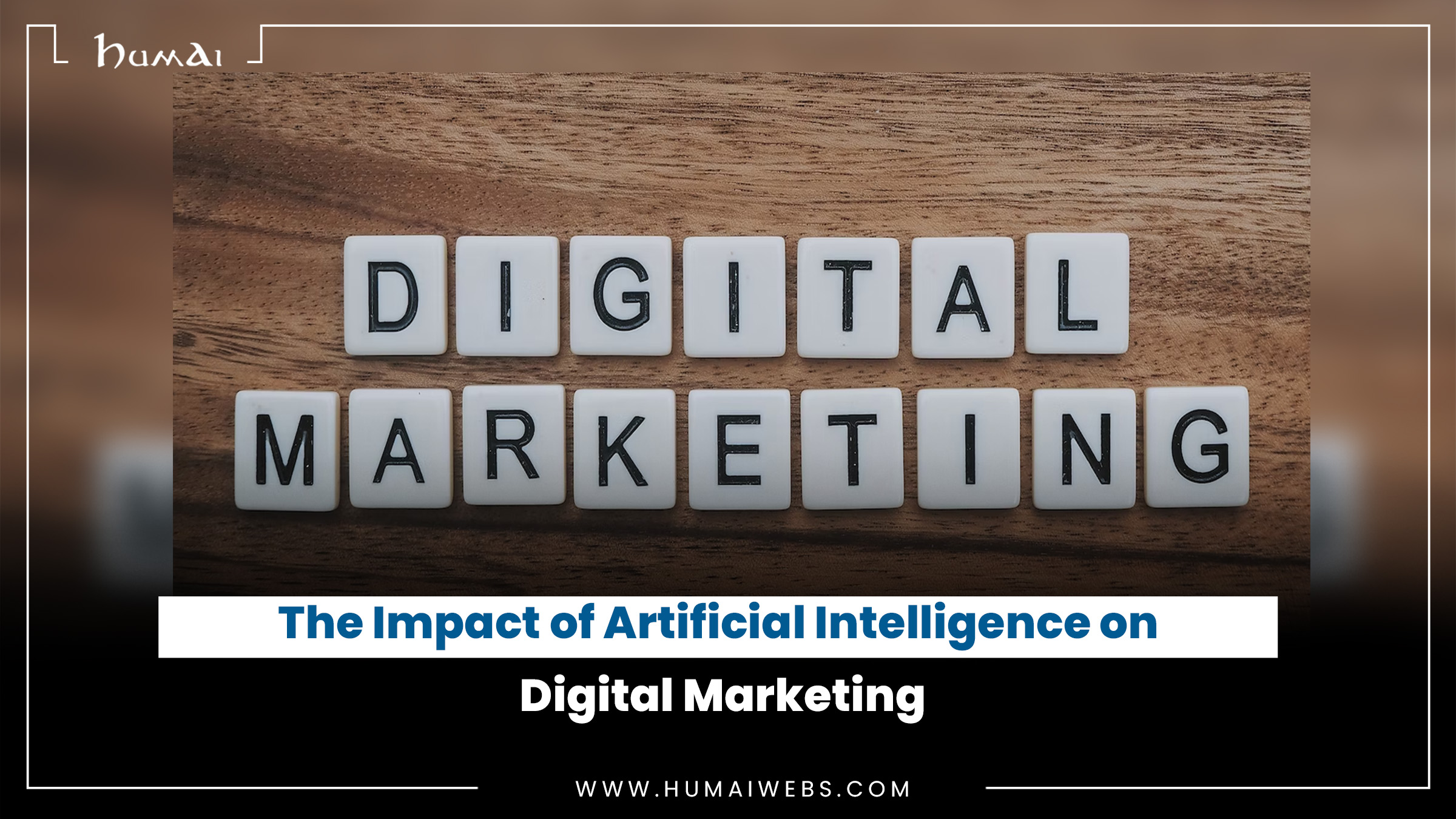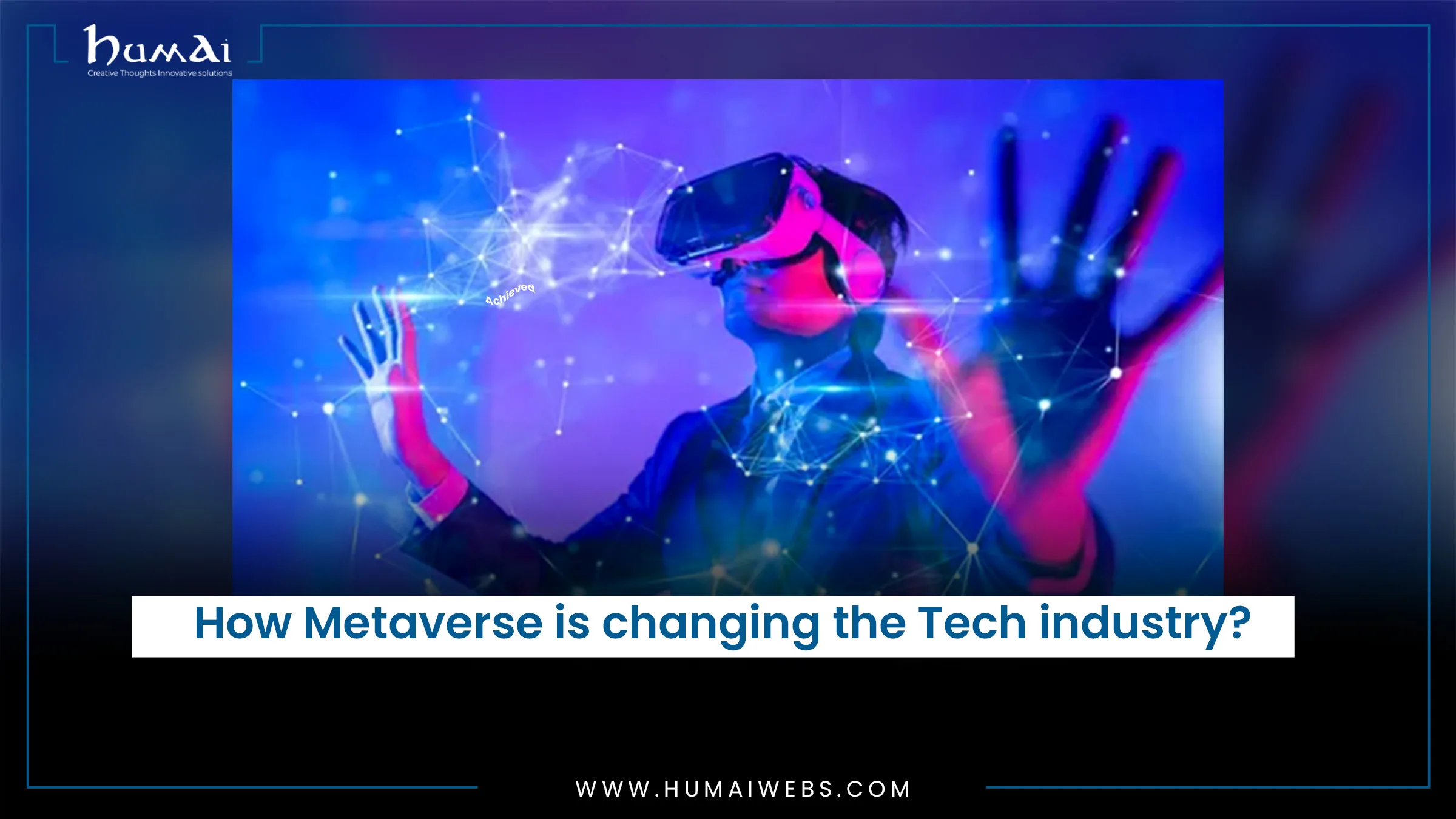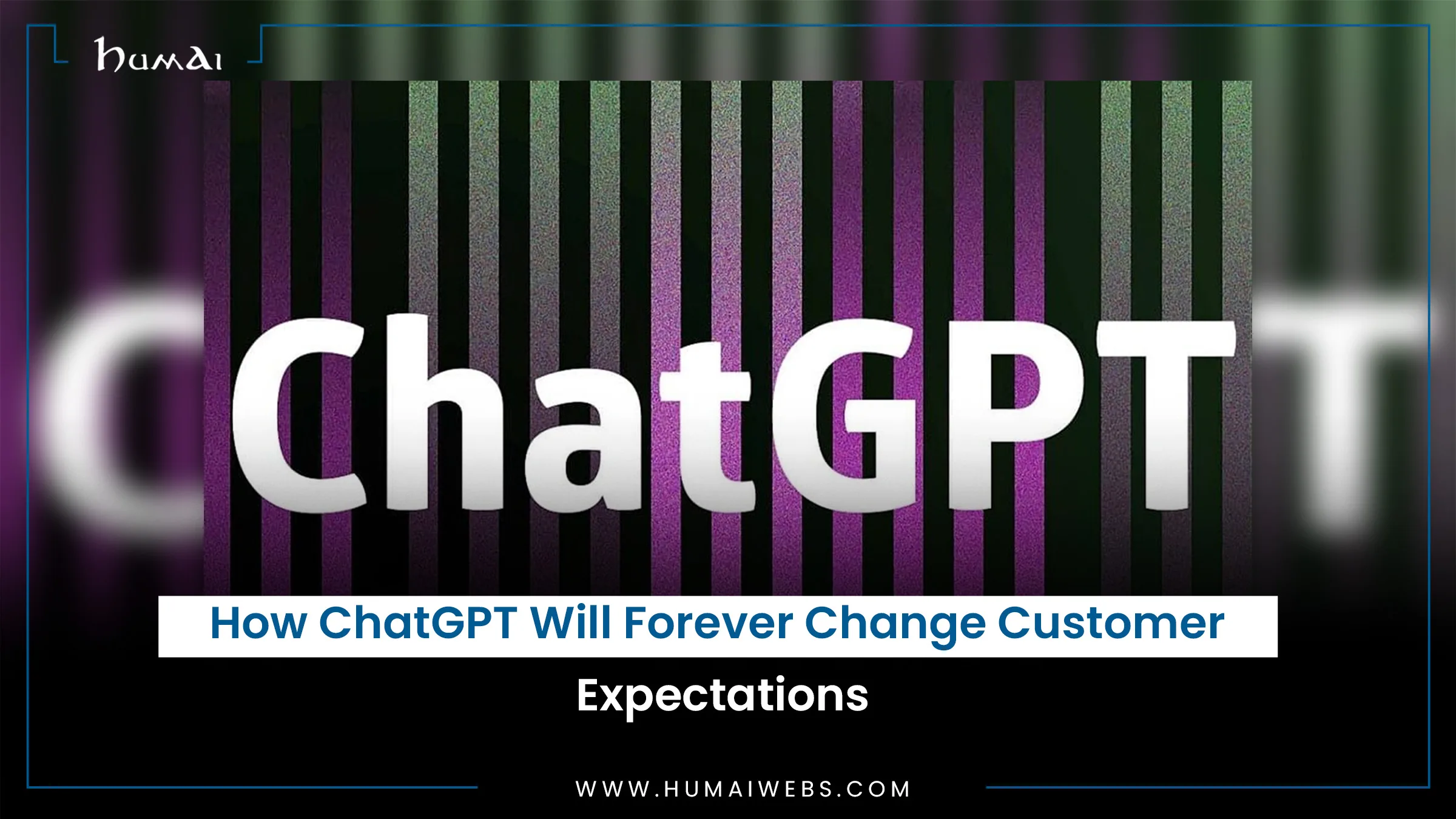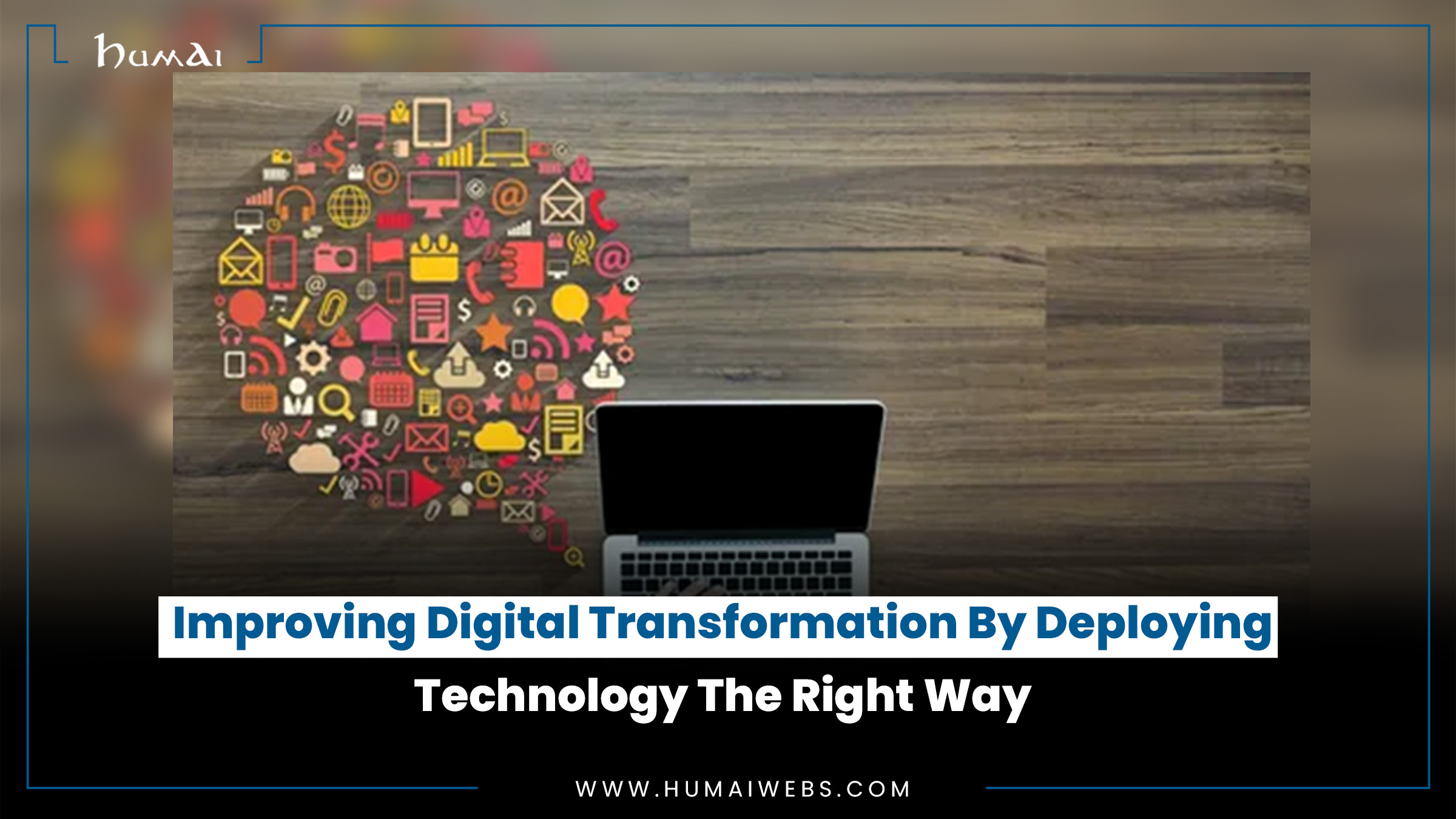The Impact of Artificial Intelligence on Digital Marketing
Introduction
Artificial intelligence (AI) has revolutionized the way digital marketing is conducted. AI enables digital marketers to analyze vast amounts of data, personalize customer experiences, and optimize real-time campaigns. AI-powered Chabot’s provide 24/7 customer support, while predictive analytics allows marketers to predict customer behavior and tailor their campaigns accordingly. Moreover, AI-based tools such as voice assistants and image recognition have transformed how consumers interact with digital content.
In this article, we shall explore some key factors regarding the impact of artificial intelligence on digital marketing.
- Personalization
One of the most significant impacts of Artificial Intelligence on digital marketing is the ability to personalize customer experiences. By analyzing vast amounts of data, AI-powered tools can tailor content and promotions to individual customers, improving engagement and loyalty. Personalization also enables marketers to provide relevant product recommendations and increase the chances of conversion. As AI advances, it will become even more essential for businesses to offer personalized experiences to remain competitive in the digital landscape.
- Real-time optimization
Real-time optimization is another significant impact of Artificial Intelligence on digital marketing. Marketers can use AI-powered algorithms to adjust real-time campaigns based on data insights, improving performance and ROI. Real-time optimization also allows businesses to respond quickly to changes in the market, such as shifts in consumer behavior or emerging trends. With the ability to analyze significant amounts of data in real time, AI has transformed how digital marketers optimize campaigns, making them faster and more efficient.
- Predictive analytics
Another critical impact of artificial intelligence on digital marketing is the ability to leverage predictive analytics. With AI-powered tools, marketers can analyze vast amounts of data to predict consumer behavior campaigns accordingly. Predictive analytics can also help businesses identify potential issues before they arise, such as predicting customer churn. By using AI to make data-driven decisions, marketers can optimize their campaigns and increase their chances of success, ultimately improving ROI and driving growth.
- Chabot’s
Real-time optimization is another significant impact of artificial intelligence on digital marketing. Marketers can use AI-powered algorithms to adjust real-time campaigns based on data insights, improving performance and ROI. Real-time optimization also allows businesses to respond quickly to changes in the market, such as shifts in consumer behavior or emerging trends. With the ability to analyze large amounts of data in real time, AI has transformed how digital marketers optimize campaigns, making them faster and more efficient.
Predictive Analysis
- Predictive Analysis
Another critical impact of artificial intelligence on digital marketing is the ability to leverage predictive analytics. With AI-powered tools, marketers can analyze vast amounts of data to predict consumer behavior and tailor campaigns accordingly. Predictive analytics can also help businesses identify potential issues before they arise, such as predicting customer churn. By using AI to make data-driven decisions, marketers can optimize their campaigns and increase their chances of success, ultimately improving ROI and driving growth.
- Chabot’s
Thanks to artificial intelligence, Chabot’s have become a game-changer in the digital marketing industry. AI-powered Chabot’s can engage with customers 24/7, providing instant customer support and enhancing the user experience. They can also collect data on customer preferences, purchase history, and feedback, which can be used to personalize marketing strategies. Chabot’s have proven to be a cost-effective solution for businesses, reducing the need for human customer service representatives. With AI’s advancements, Chabot’s are expected to become even more intelligent, enhancing the customer experience.

- Natural Language Processing (NLP)
Natural Language Processing (NLP) is a critical aspect of artificial Intelligence that has impacted digital marketing. With NLP, AI-powered tools can understand human language and respond accordingly, improving customer engagement. Chabot’s, voice assistants, and search engines now use NLP to provide a more human-like interaction with users. NLP also allows digital marketers to analyze customer feedback from social media and other sources, enabling them to develop more effective campaigns.
- Cost reduction
Cost reduction is the process of decreasing the expenses of a business while maintaining or increasing its level of productivity. This can be achieved through various strategies such as automation, streamlining processes, and outsourcing. With artificial Intelligence (AI) ‘s advent, businesses can leverage machine learning algorithms to optimize their cost structures. Additionally, AI has revolutionized digital marketing by enabling businesses to analyze large volumes of data to create targeted campaigns, improve customer experiences, and drive revenue growth.
Conclusion
In conclusion, the impact of artificial intelligence on digital marketing is profound. AI has enabled businesses to harness the power of data to create highly personalized campaigns, optimize their marketing strategies, and increase customer engagement. With machine learning algorithms, businesses can now automate routine tasks, identify patterns in customer behavior, and gain insights into market trends. As AI continues to evolve, it will become even more critical for businesses to embrace its capabilities and stay ahead of the competition in digital marketing.







